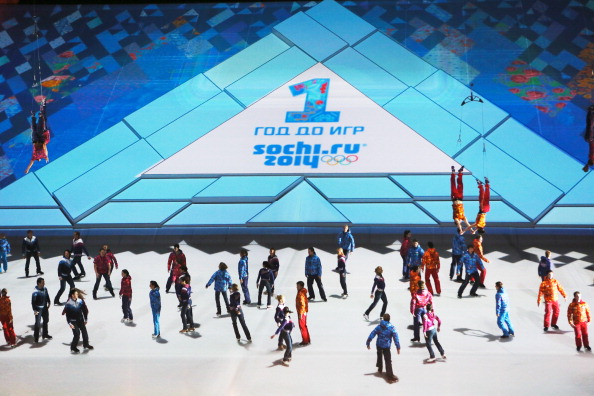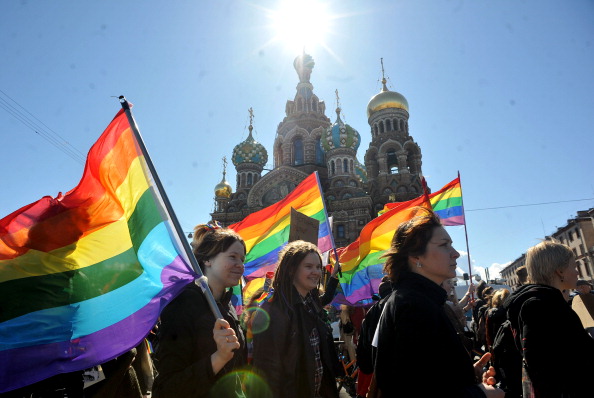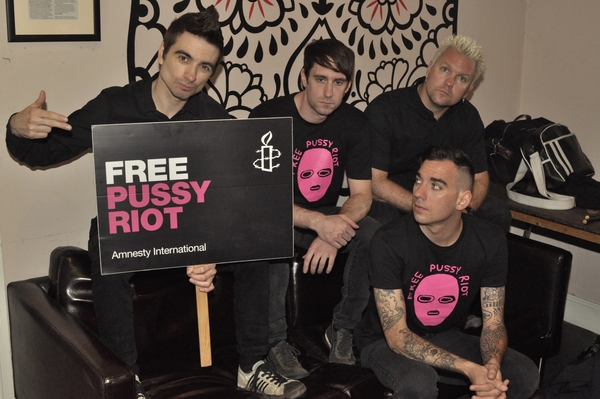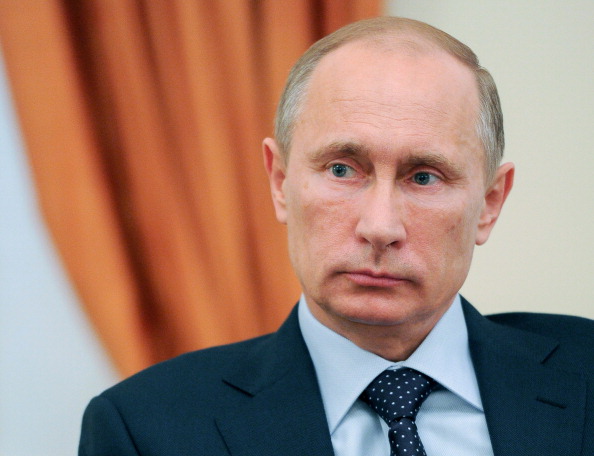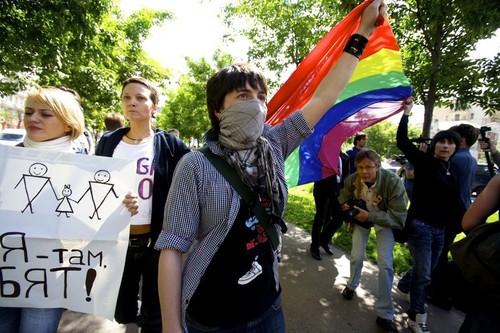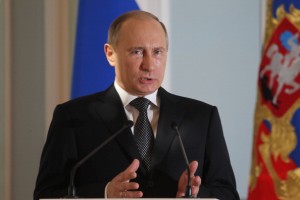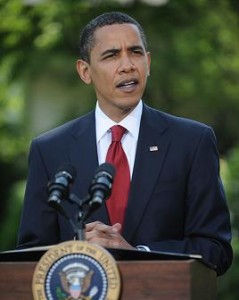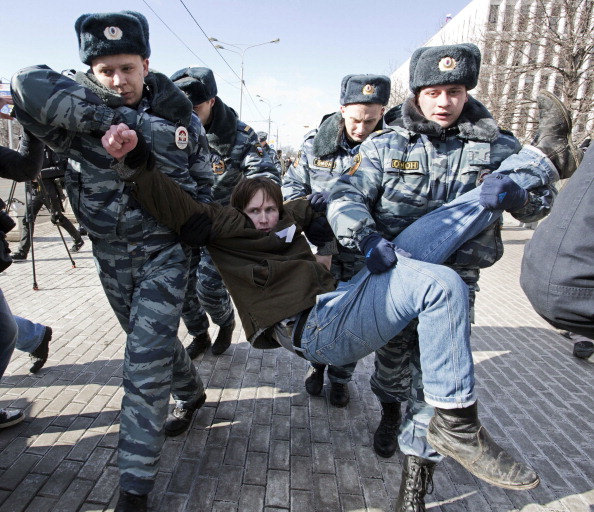
Policemen detain an opposition supporter taking part in a picketing calling for the release of the two jailed members the Pussy Riot (Photo Credit: Evgeny Feldman/AFP/Getty Images).
This blog originally appeared on Fem 2.0
A lot has changed in Russia since I visited Moscow in 1985.
It was an exciting time for citizens of the Soviet Union. Mikhail Gorbachev had just taken over as the General Secretary of the Communist Party and introduced “Glasnost” or openness to a people who had for years lived under the dictates of a repressive government. Glasnost started a transformation in Soviet society and awoke long dormant aspirations of cultural, civil, and political freedoms.
The ensuing three decades were turbulent to say the least, but resulted in Russians enjoying and exercising greater freedoms, including the key ability to have a say in their own governance.
